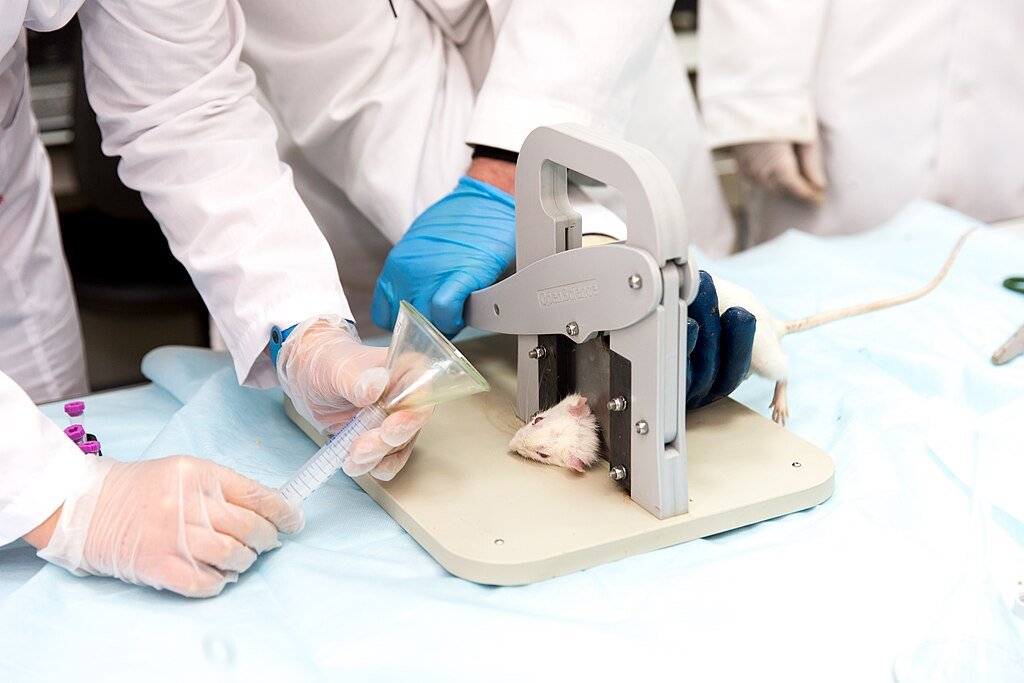The use of animals in scientific research has been both a cornerstone for medical and scientific advancements and a topic of ethical debate. This practice, which dates back centuries, involves using animals as models to understand human diseases, develop new treatments, and ensure the safety of drugs. However, it raises questions about animal welfare, the rights of living creatures, and the moral responsibilities of humans. This article delves into the multifaceted topic, exploring the arguments for and against the use of animals in scientific research, the alternatives being developed, and the regulatory frameworks designed to balance scientific progress with ethical considerations.
The Role of Animals in Scientific Research

Animals play a crucial role in scientific research, particularly in the fields of medicine, pharmacology, and toxicology. Mice, rats, zebrafish, rabbits, and primates are some commonly used animals, chosen for their similarities to human biological processes and ease of handling in laboratory settings. These animals help researchers understand disease mechanisms, test the efficacy and safety of new treatments, and evaluate the potential risks associated with certain chemicals or drugs before human trials. Historically, breakthroughs such as insulin for diabetes, vaccines for polio, and treatments for cancer were made possible through animal research.
Arguments in Favor of Animal Research

Proponents argue that animal research is a critical component of scientific progress. They assert that it has saved countless lives by advancing medical knowledge and developing new therapies. Supporters also highlight that until viable alternatives are available, animal models remain indispensable due to their biological similarities to humans. Ethical frameworks are in place to minimize harm, requiring researchers to adhere to the principles of the 3Rs: Replace, Reduce, Refine. Researchers must replace animals with alternative methods when possible, reduce the number used, and refine procedures to minimize suffering.
Ethical Concerns and Criticism

Critics of animal research raise ethical concerns, arguing that subjecting animals to experiments is inherently cruel and morally indefensible. They stress that animals experience pain, stress, and distress, which violate their rights as sentient beings. Critics also question the scientific validity of animal models due to species differences that can lead to inaccurate predictions of human responses, resulting in potentially ineffective or harmful human treatments. This perspective advocates for a shift towards more humane and innovative research methods that do not involve animals.
Alternatives to Animal Testing

The ongoing debate has spurred the development of alternative methods aimed at replacing the use of animals in research. Advancements in technology have given rise to in vitro testing with human cells and tissues, organ-on-chip technology that mimics human organs on a micro-scale, and computer modeling techniques that simulate biological processes. These alternatives offer promise as they can be more cost-effective, quickly modified, and potentially more accurate in predicting human responses. However, they are not yet able to completely replicate the complexity of living organisms.
Regulatory Frameworks and Guidelines

To ensure ethical standards are met, animal research is governed by strict regulatory frameworks. In many countries, research involving animals requires approval from ethics committees, which evaluate proposals based on scientific merit and potential harm to animals. Guidelines often mandate adherence to the 3Rs and ensure that animals are housed and cared for in humane conditions. International organizations, such as the World Health Organization and the International Council for Laboratory Animal Science, provide guidelines to standardize practices and protect animal welfare across borders.
Conclusion

The use of animals in scientific research remains a complex and contentious issue. While it has undeniably contributed to medical and scientific advancements, it also raises significant ethical concerns that cannot be ignored. Balancing the necessity of animal research with ethical imperatives requires ongoing dialogue, innovation, and commitment to reducing the reliance on animal models. As technology progresses, the hope is for a future where scientific inquiry can advance without compromising the welfare of animals.




